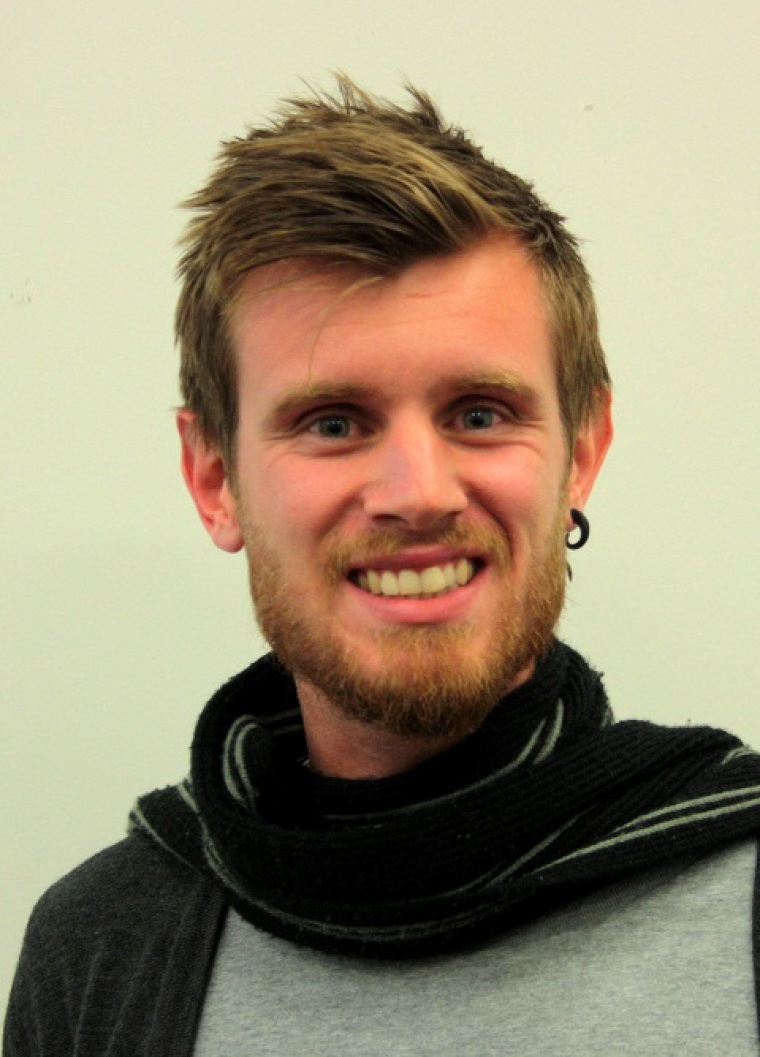
In these moments we find ourselves asking the question, what now? What do we do with these unbearable feelings of pain?
Now I am not talking about the serious scars, because of them I know I am ignorant; but of the aches, pains, and everyday bruises that we all know and love. The brokenness from which no one can hide. With these moments of pain, what do we do?
Last week I discovered myself in the midst of one of these moments, one of those seconds of suffering, where life didn't turn out the way I planned. And I felt as though the big man upstairs may have just forgotten about me. Where my often overly optimistic assumptions about the true nature of humanity, was reminded that sometimes life is messed up.
In this moment I found that I needed to do something with this feeling of pain. In my attempt to remaining ignorant, I found something had to happen with these uncomfortable feelings. I found that my ignorance never turned into bliss, but became like a splinter in my eye, and no matter how much I pretended like it wasn't there, it continued distorting my vision.
A.S. Peterson expresses this beautifully in the novel The Fiddler's Gun where there is an interesting discussion that happens between a pirate and two orphans. The orphans open a wooden case revealing three objects: a fiddle, a bow, and a pistol. After examining each of the elegantly crafted items, the former pirate tells them:
"Now, see here, you got to put that hurt someplace, and this is where old Bartimaeus learned to put his." He lifted the fiddle out of the case and caressed it.
"It's beautiful," whispered Fin.
"Aye," he said and crocked it into his neck. He drew the bow across the strings and the instrument moaned a forlorn note. "Beautiful, that's what you've got to do with hurtin', you got to turn it beautiful"
…"What's the gun for?" asked Peter.
Bartimaeus' face darkened. "That's where all that hurtful stuff ends up if you don't get rid of it. Got to get rid of it. You don't and it might just get rid of you, see here? I keep's it there to remind me. I put it down the day I got this fiddle. Swore I would never take it up again. Done too much hurtin', got to turn that hurt to beautiful, see? Otherwise the hurt turns hateful and the ole hand-cannon there like to wake up and do terrible things… terrible things."
Another story
Maybe this is what the Genesis poem is about. God puts Adam in the garden, and tells him to dress it. I love this nuance. We often translate it as cultivate, but I love the instruction to "dress the garden". Humanity is placed into a place of love, life, and beauty, and then is asked to dress it.
Make this garden more beautiful, by adding something, joining in the creation process. And in this process maybe we find insight to dealing with the bumps and bruises of life. Maybe somewhere in the image of God that we hold, we yearn to make beautiful this fallen world. Maybe this is where we can see God most tangibly, because God has always been making beautiful things out of the dust.
There are no answers to questions of suffering, at least none that will satisfy my sceptical spirit. But maybe it's not about the answers, but the question. Instead of the why questions, we could start asking, how does God want to use this for good? How can I make beautiful out of the situation? How is God making beautiful of the world through this situation?
Last week, when I experienced my small second of suffering, I turned to poetry. And in turning and looking honestly at my pain, I found a deep sense of beauty. In my pain beautiful things are happening. These scars are still open, and bringing me a never ending amount of discomfort, but beautiful things are emerging.
And what I thought was filth, turned out to be garden fresh manure, and I am discovering that this type of manure is the perfect fertiliser, even though smell is overpowering I am gaining much needed nourishment.
As we create beautiful things, we step out of our moment of suffering, and join with a power greater than ourselves. We discover what it is we were created to do. Not to create a new world, but to dress the old. To add colour, vibrancy, and life, to a world which God has already made beautiful.
Tim Shallard is a part owner of a pretty cool Café in Auckland City. He studies theology at Carey Baptist College, runs a poetry collective, and is passionate about coffee, community, and living the dream.
Tim Shallard's previous articles may be viewed at www.pressserviceinternational.org/tim-shallard.html